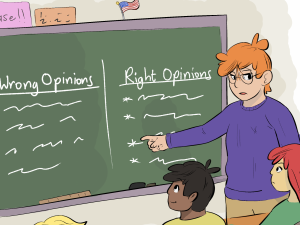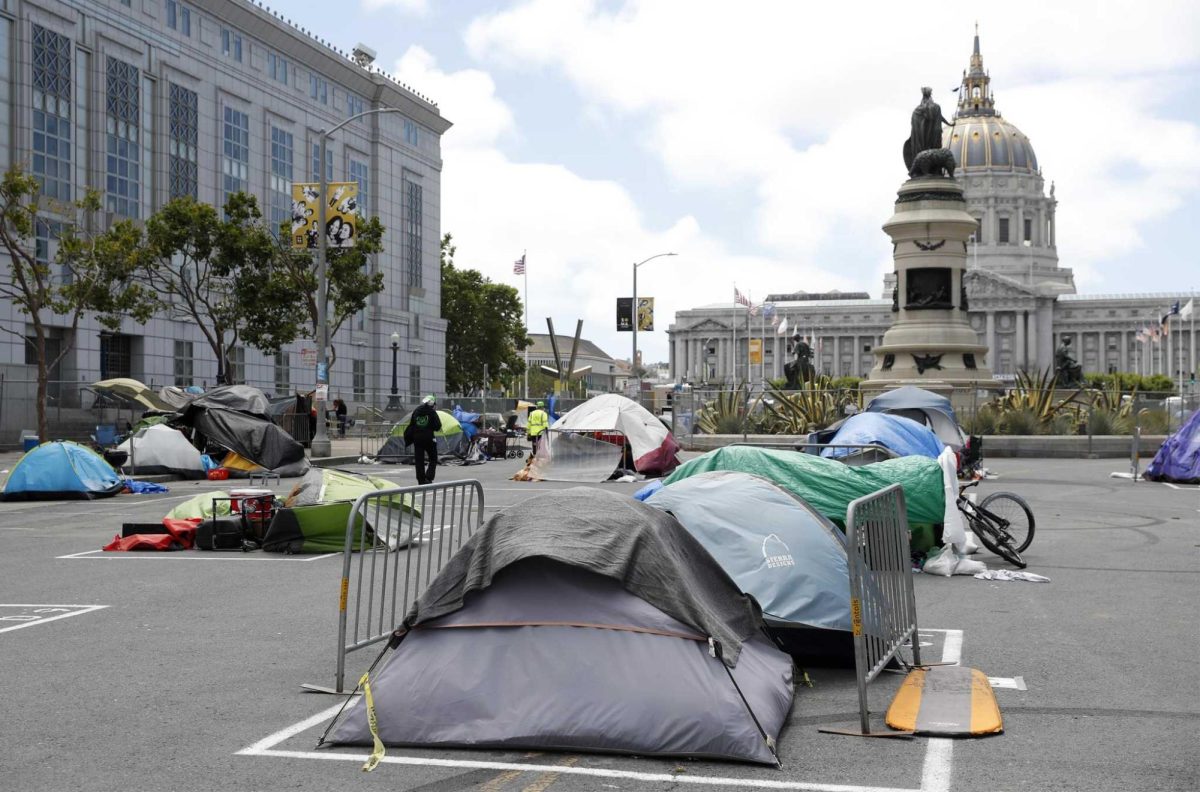Social media users need to be more skeptical of what they read
Campaign ads from candidates, supporters can spread misinformation leading up to election
September 24, 2020
I’ve been getting a lot of Trump and Biden ads on YouTube lately. Either Trump tries to disparage his opponent, or Biden asks “for a favor.”
Being forced to shelter in place during a global pandemic has made us even more reliant on social media, which already plays a crucial role in elections and political campaigns.
Whoever wins the social media game has a very good chance of winning the election.
The 2020 election is becoming less about who the better candidate is and more about who’s not as bad.
Trump’s disapproval rating is 52%, while 48% of voters said that the Democratic presidential candidates put forward in July of 2019 were “generally bad,” according to a Marist College poll.
When faced with two mediocre-at-best choices, a voter must choose “the lesser of two evils.” Right now, the lesser of two evils is Biden.
Even though one candidate is clearly better than the other, both of them are playing the social media game, and it’s warping the political landscape leading up to the election.
Russia’s blatant attempts to disparage Hillary Clinton’s candidacy and boost Donald Trump’s chances in the 2016 election have made me more skeptical about what I read online. Sadly, this may not be the case for everyone.
Approximately 72% of American adults use at least one social media site, according to the Pew Research Center. Whether that be Facebook, Twitter or Instagram, each app has its fair share of problems.
With most of the general population using social media, the amount of misinformation people consume is rising, especially because we are in a time when teens solely rely on platforms like Snapchat for news. It’s a lot harder nowadays to grab a newspaper at a local coffee shop during a global pandemic.
With the abundant amount of information available at our fingertips, it’s becoming increasingly difficult to determine if the information we see is actually correct.
For example, there’s a great deal of misinformation regarding the COVID-19 pandemic. NewsGuard published a list of about 325 sites suspected of distributing incorrect information about the coronavirus.
At the end of the day, an election is a competition. Each candidate and his supporters will do anything to gain an advantage, including spreading misinformation on social media.
I’m going to be extra careful when listening to YouTube ads or reading social media posts about current events going
forward.









